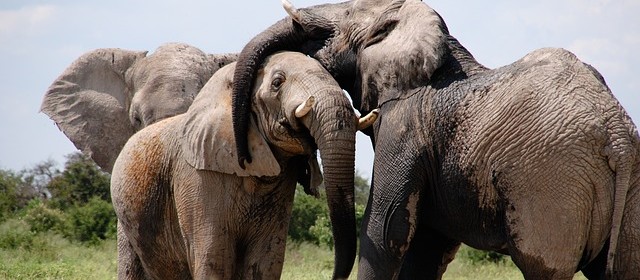How elephants defy getting cancer

The key to the discrepancy, scientists say, is found in the genome of the African elephant. Elephants have 20 pairs of a gene called TP53, which produces a tumor-suppressing protein that prevents cells from dividing in an uncontrolled way. Humans, by contrast, have just one pair of this critical gene. Rather than repairing damage at a faster rate, elephants’ cells self-destruct to avoid passing along potentially harmful mutations.
The researchers say their findings could lead to new developments in human cancer treatments. “Evolution has had 55 million years to figure out how to avoid cancer,” says the study’s leader, Joshua Schiffman. “Now I think it’s up to us to take a page out of nature’s playbook and learn how to take this information and apply it to those who need it most.”

 Print
Print